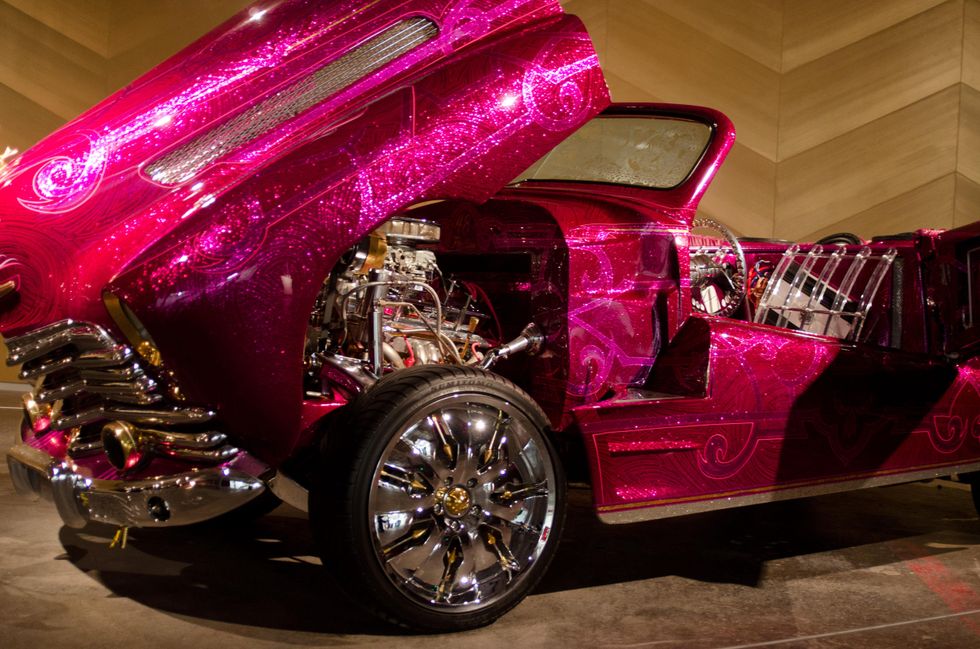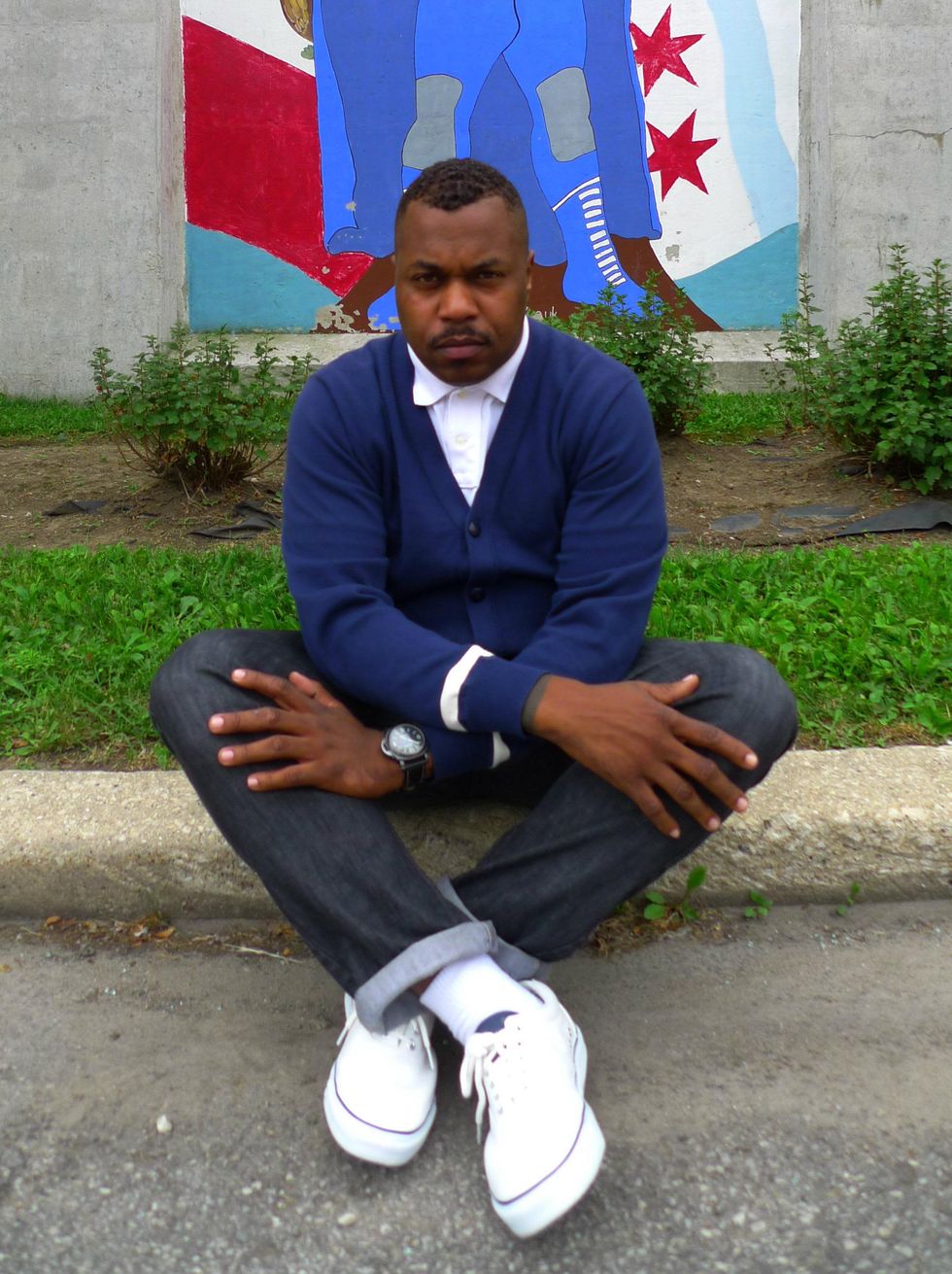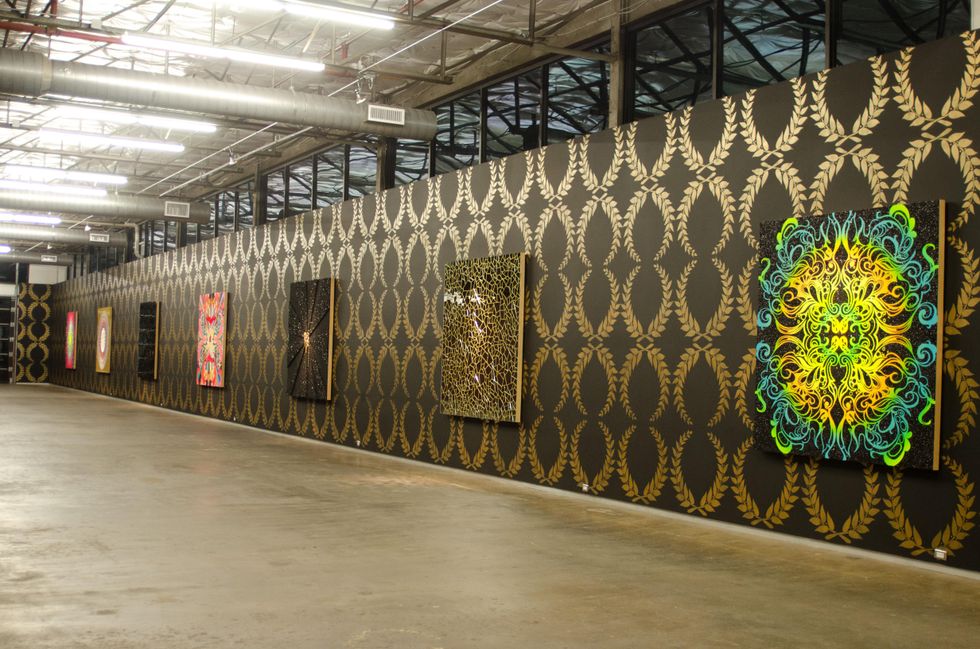Bling It On
Up your kulture quotient at Phenomenon, a blowout house party at Dallas Contemporary
If you haven’t yet made plans for this coming weekend, there may be a tricked-out hot pink Cadillac in your future. On February 9, the Dallas Contemporary is hosting Phenomenon, a souped-up house party featuring the over-the-top mixed-media works of Chicago artist Dzine and the musical stylings of DJ Derrick Carter.
And, oh yes, an incredible display of lowriders.
“The Dallas Contemporary’s events are always such a surprise in the best possible way,” says Phenomenon co-chair Laura Noble.
“Phenomenon is a convergence of art and culture in the truest sense,” says Laura Noble, co-chair of the evening along with Kristie Ramirez and Jon Schwartz. “The Dallas Contemporary’s events are always such a surprise in the best possible way for people who have never experienced one. For this year’s event, low culture and high culture will merge with contemporary art through music and ambience.”
The contemporary art that Noble is referencing includes Dzine’s canvases bedazzled in jewels, bikes draped in necklaces and coated in silver paint, and sparkling graffiti signs. Through these abstract paintings and ornate customized vehicles he explores the Kustom Kulture genre, which evolved from the hot rod craze of Southern California in the 1970s.
As far as the music is concerned, Carter, a renowned DJ who also hails from Chicago, will mix old-school disco, jazz and soul with any other genre he sees fit for the night.
“This year’s Phenomenon will be a really fun and whimsical, ‘ghetto Baroque’ evening,” Noble says. Tickets are available online for $50 for nonmembers and $45 for members. Doors open at 9 pm.
---
The Contemporary is hosting an exhibition of Dzine’s works, called “Victory,” through March 31. The artist also has a recently published coffee table book, Nailed: The History of Nail Culture, featuring actress Tilda Swinton.



